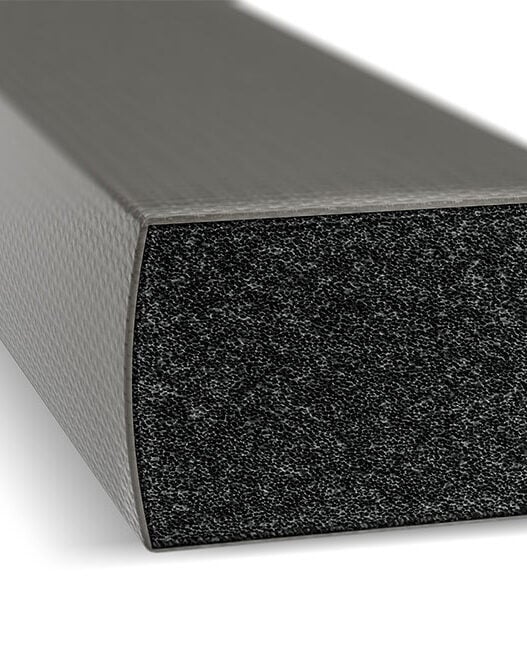Discovery and development insights
The genesis of these nanosheets was captured through advanced transmission electron microscopy at UC Berkeley’s facilities, where the self-assembly process on various substrates was meticulously observed. Under the stewardship of Ting Xu, researchers tackled the prevalent issue of stacking defects that commonly plague nanosheets. By opting for a self-assembly method that allows the nanosheets to form in parallel, they created a denser and more uniform structure. This breakthrough was achieved by manipulating the entropy of the system, guiding the assembly of nanosheets in a controlled manner that significantly reduces structural defects.
Technical advancements explained
The uniqueness of these nanosheets lies in their entropy-driven simultaneous formation. This approach ensures a reduction in defects compared to conventional nanosheets, which often have gaps due to misaligned stacking. The nanosheets developed by Berkeley Lab are characterised by their robust structure, which is conducive to large-scale industrial applications.
Broader industrial applications
In the electronics sector, these nanosheets serve as a potent barrier against oxygen, which can degrade sensitive components. This attribute could help in substantially extending the functional lifespan of electronic devices. In terms of energy storage, the dielectric properties of the nanosheets could lead to more efficient capacitors, an essential component for both energy storage and computing applications. Their ability to filter out volatile organic compounds also indicates a strong potential for usage in health and safety equipment, like enhanced protective face masks, which could help in improving air quality and protecting against hazardous environmental elements.
Impact and comparative analysis
This method represents a leap forward in nanomaterial synthesis, offering a scalable approach that aligns with the manufacturing requirements of various industries. The recyclability of these nanosheets also marks a shift towards eco-friendly production methods, addressing the environmental concerns associated with the disposal of electronics and single-use products. When compared to earlier nanomaterials, these nanosheets offer superior durability and versatility, providing a sustainable alternative that doesn’t sacrifice performance.
Future prospects and industry benchmarking
The ongoing work at Berkeley Lab to enhance these nanosheets — potentially adding features like colour tunability — suggests that these materials could soon find even broader applications across industries. The sustainable and adaptable nature of these nanosheets represents a significant innovation in material science, one that could set new industry standards for performance and environmental responsibility.












